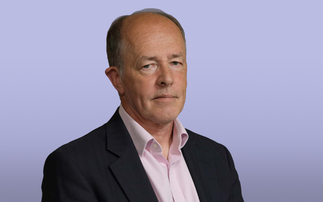The cost of dying rose again last year, according to a new report which suggests loved ones left responsible for making funeral arrangements are unprepared for the burden.
Sun Life Direct's fifth Annual Cost of Dying report found end of life costs - including funerals, probate, headstones and flowers - have increased to an average of £7,248.
Many people have not taken responsibility for organising their end of life plans and those left behind often struggle to meet the costs, according to the report.
The latest rise represents an increase of 20% since 2007, and over £400 since last year.
Funeral costs have increased by 61% over the past seven years, which the Sun Life believes will continue for the foreseeable future.
More than half (53%) of respondents said the funeral cost was more than they expected (up from 36% in 2009), while only 7% said the cost was lower than anticipated.
The report suggests this increase in costs has been met with surprise and concern from those who have responsibility for the arrangements.
A quarter of people surveyed had not made any end of life plans, and 44% expected family and friends to organise and fund their funeral. One in five struggle with funeral costs, according to Sun Life's research.
The survey also highlighted the confused attitudes around later life planning, including the growing volume of elderly people living longer, increased end of life and long term care costs and questions over who is responsible.
In these areas over a quarter (26%) of respondents have made absolutely no plans for later life, while 87% of respondents have made no arrangements as to where they will live and how they will be cared for if they are unable to care for themselves in old age.
Simon Cox, head of life planning for Sun Life Direct, warned the nation was leaving itself vulnerable to an end of life crisis.
"Many people are sleepwalking into a financial nightmare, leaving end of life plans to their families, the State or no-one at all," he said.
"As a nation we need a wake-up call. Our research indicates that although there is indeed openness to talking about death, action is still greatly lacking.
Cox noted that aside from writing a will, telling family and friends was the most common way people prepared for the end of their lives.
"More information on why some people are so reluctant to take a firm grip on this matter would, we believe, benefit the general public as well as government and policy makers, so we are considering further research into this area," he added.











